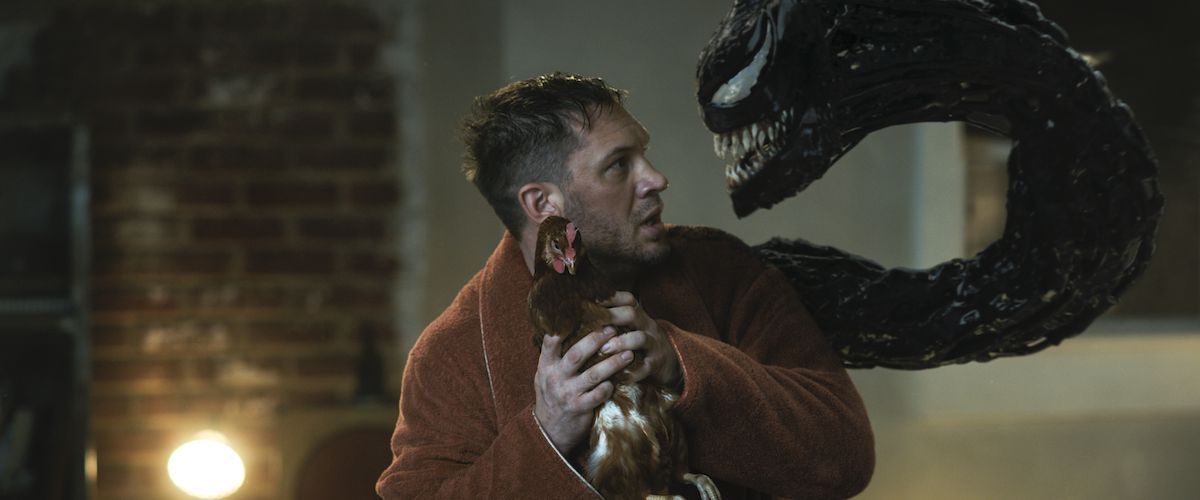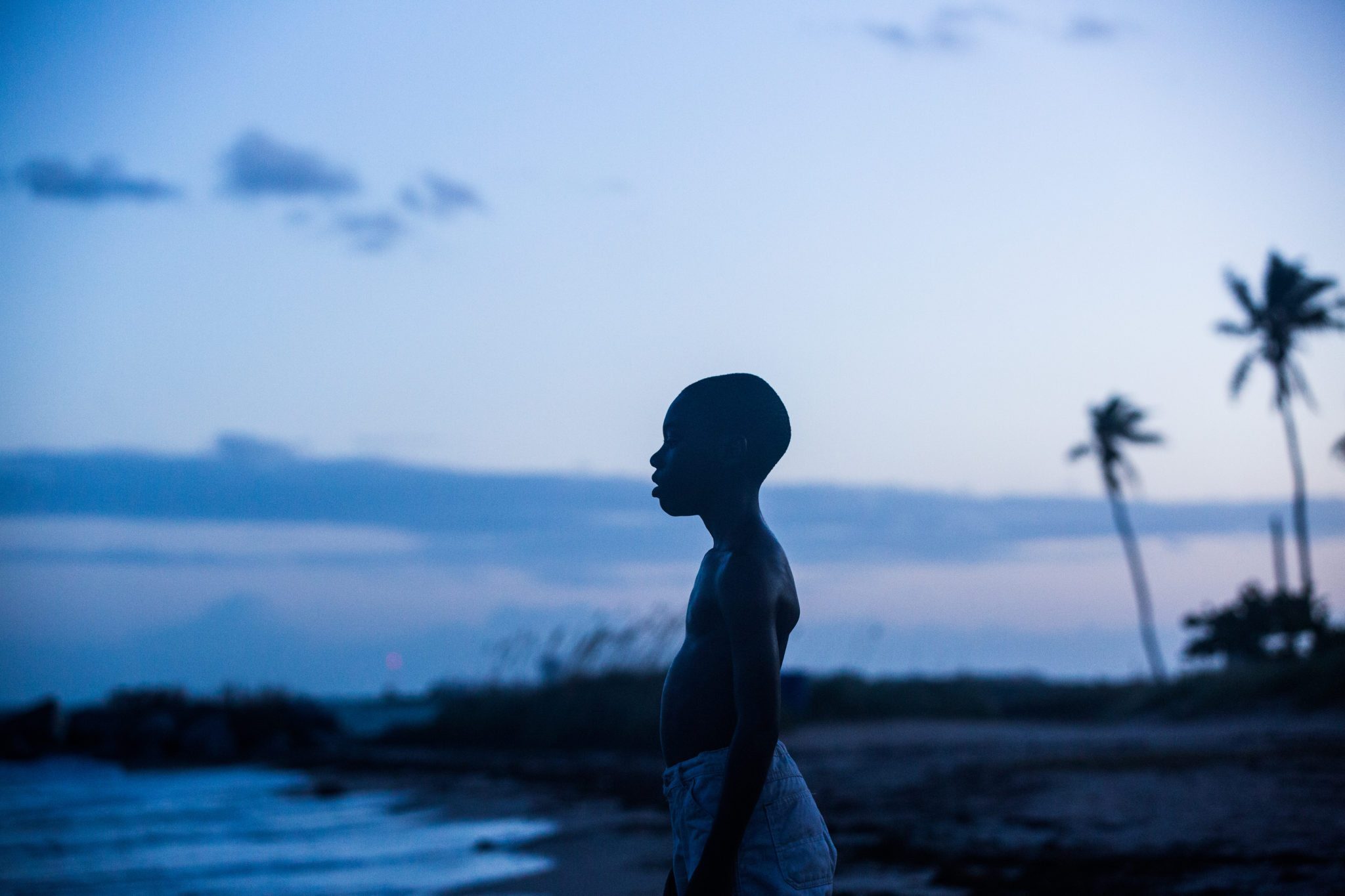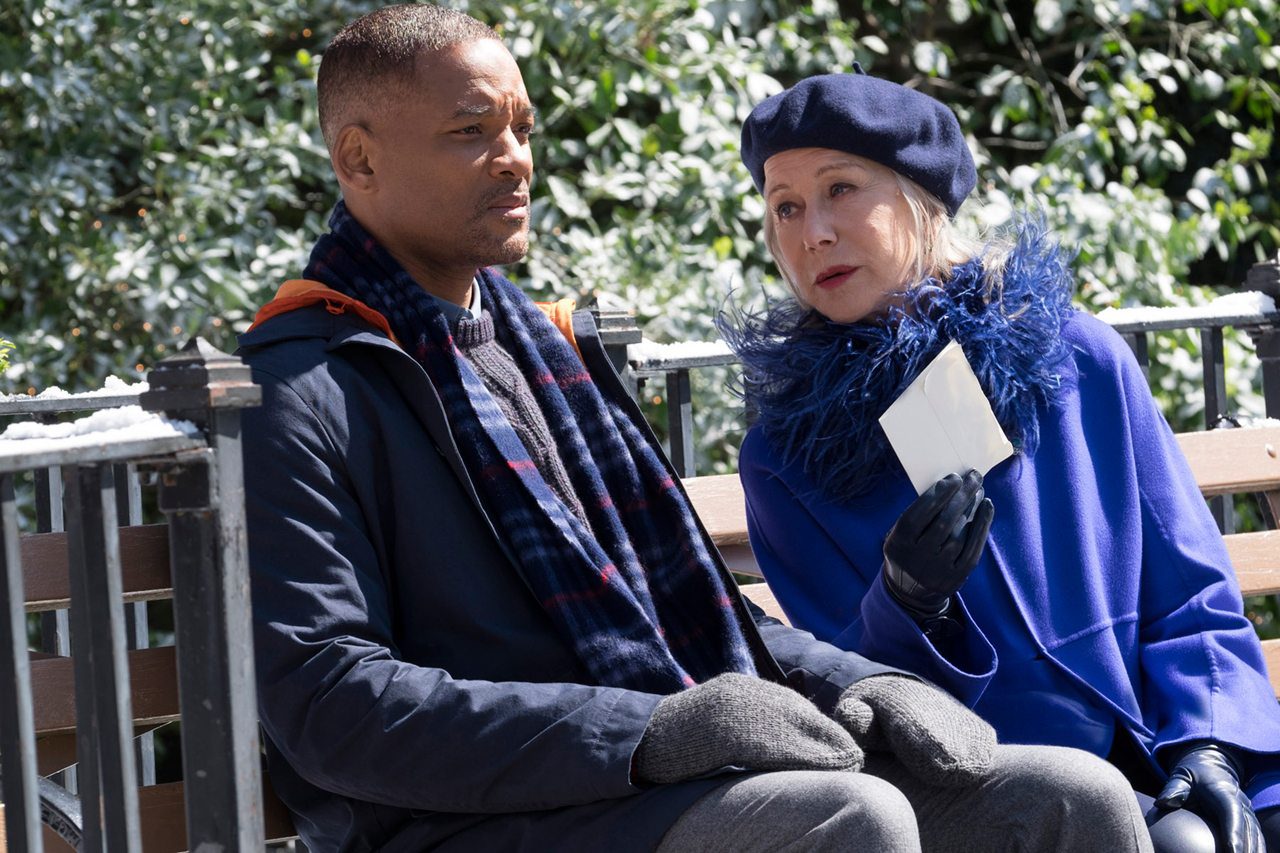
Venom: Let There Be Carnage – For the Love of Carnage
Some relationships just don?t make sense. But they can sure be fun to watch. In the new?rom-com?superhero flick?Venom: Let There Be Carnage, Eddie Brock (Tom Hardy) has fallen on hard times. After the events of the first film, Brock has fallen on hard times. Struggling to pay the bills while living life with his frustrated…



